What You Can Expect From This Overview
We’ve included apps, web-based communities, registries, and trusted concierge or aggregator services. Each listing shows its availability (App/Web), core focus (Known Donor, Co-Parenting, Community, or Concierge), and a direct link to its homepage. You’ll also find recommended tools for post-match communication and documentation.
What Users Actually Care About — in 30–60 Seconds
Check five things on every platform: 1) accessibility and contact info 2) identity verification and medical proof 3) clear pricing structure 4) messaging and export options 5) regional reach and filtering tools. If these points are transparent, you can decide quickly whether it’s worth your time.
Practical Checklist
- Real accessibility: a working homepage, verified contact, and updated content.
- Verification & safety: clear ID/photo rules and medical test requirements. “Zero verification” is a red flag.
- Transparent pricing: what’s free, what’s Premium/Boost/Concierge, and how to cancel safely.
- Communication & export: in-app chat with retrievable logs or export options for documentation.
- Reach & filters: enough profiles, smart filters (distance, donation type, family setup) — usable internationally.
Active, Verified Platforms in 2025 — Apps, Communities, Registries & Services
Apps & Cross-Platform Services
RattleStork
- Available: iOS, Android, Web
- Focus: private donation (known donor), transparent profiles, direct chat
- Start: rattlestork.org
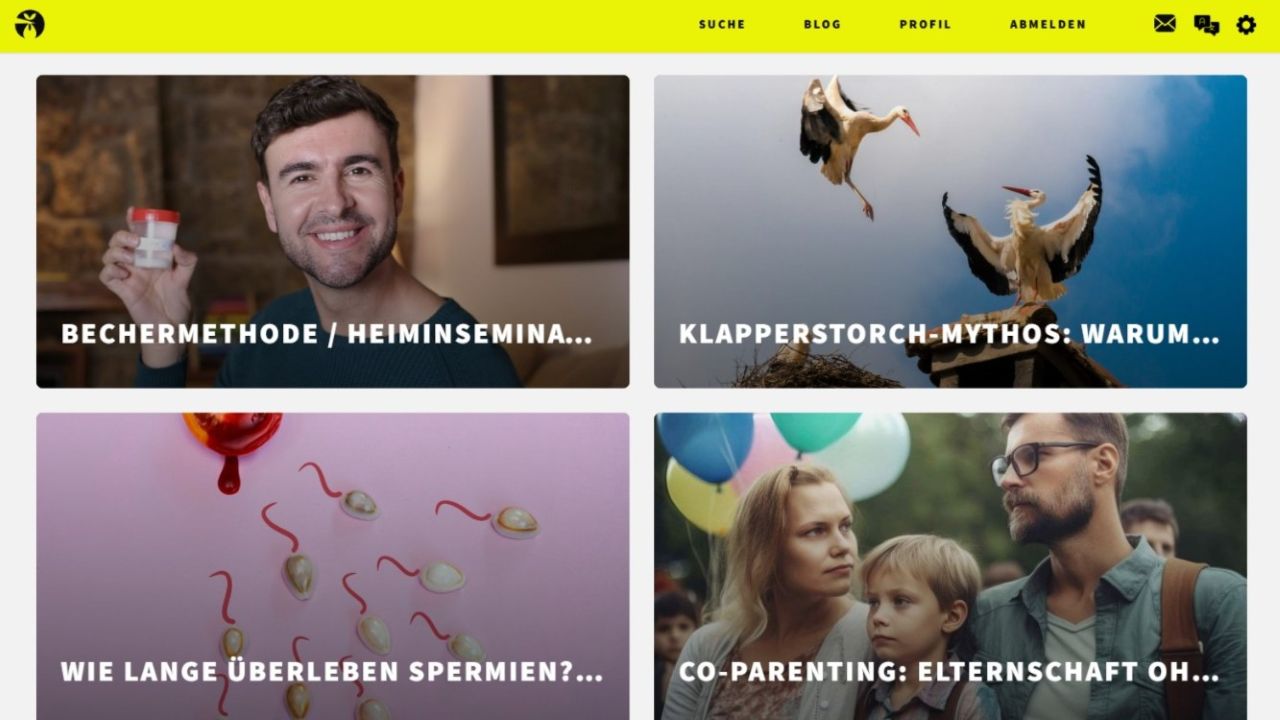
Y factor
- Available: iOS, Android, Web
- Focus: app-based matching with private donors
- Start: yfactor.app
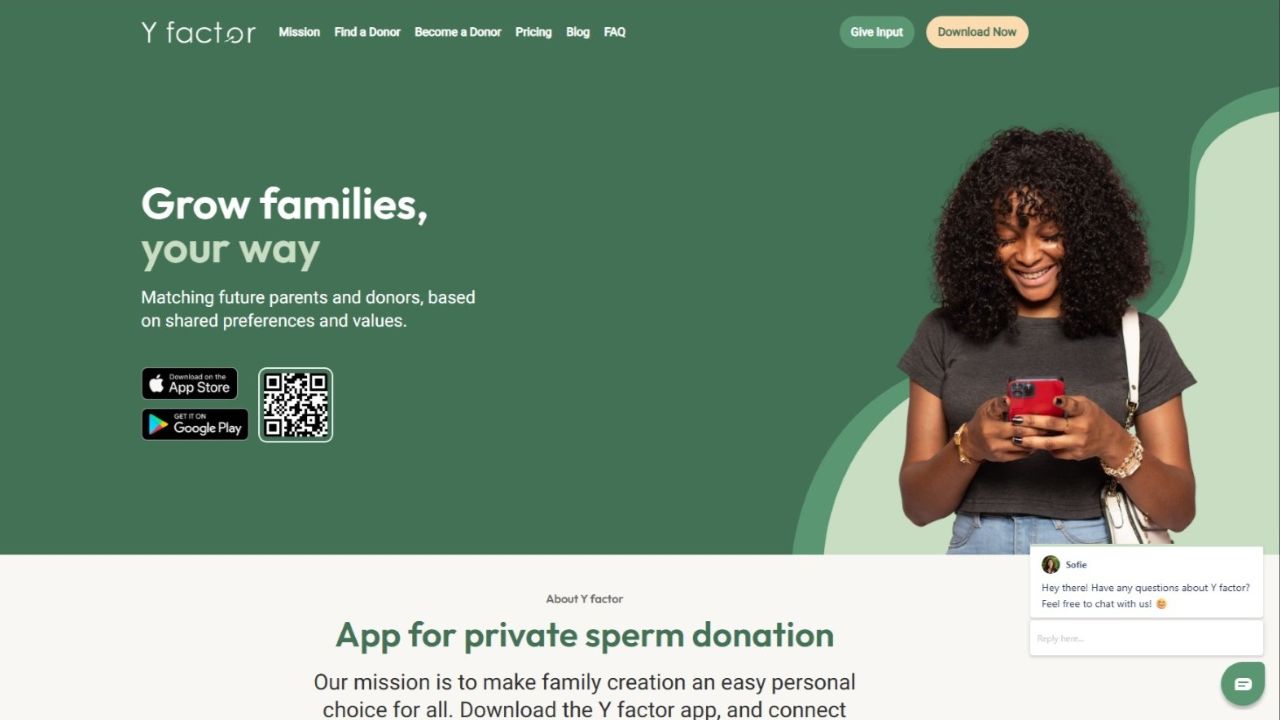
Just a Baby
- Available: iOS, Android
- Focus: sperm, egg, and embryo donation; co-parenting; surrogacy listings
- Start: justababy.com
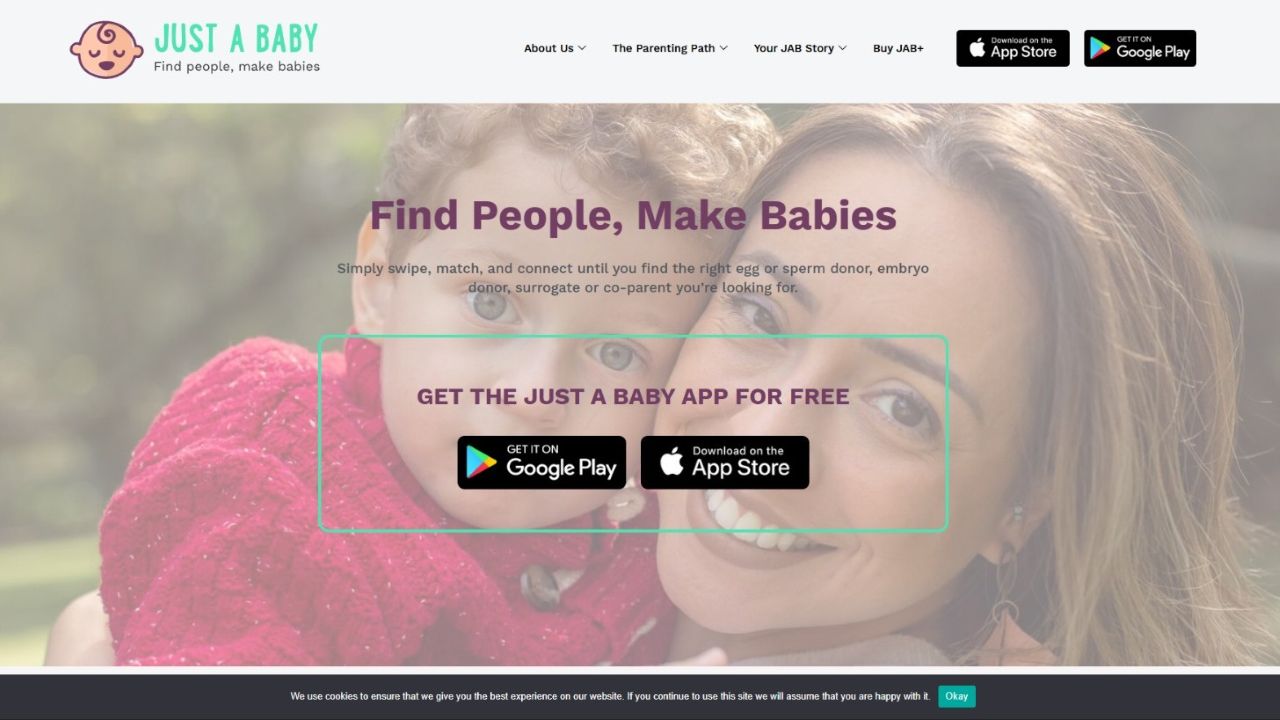
Let’s Be Parents
- Available: iOS, Android, Web
- Focus: donor search and co-parent matching
- Start: letsbeparents.com
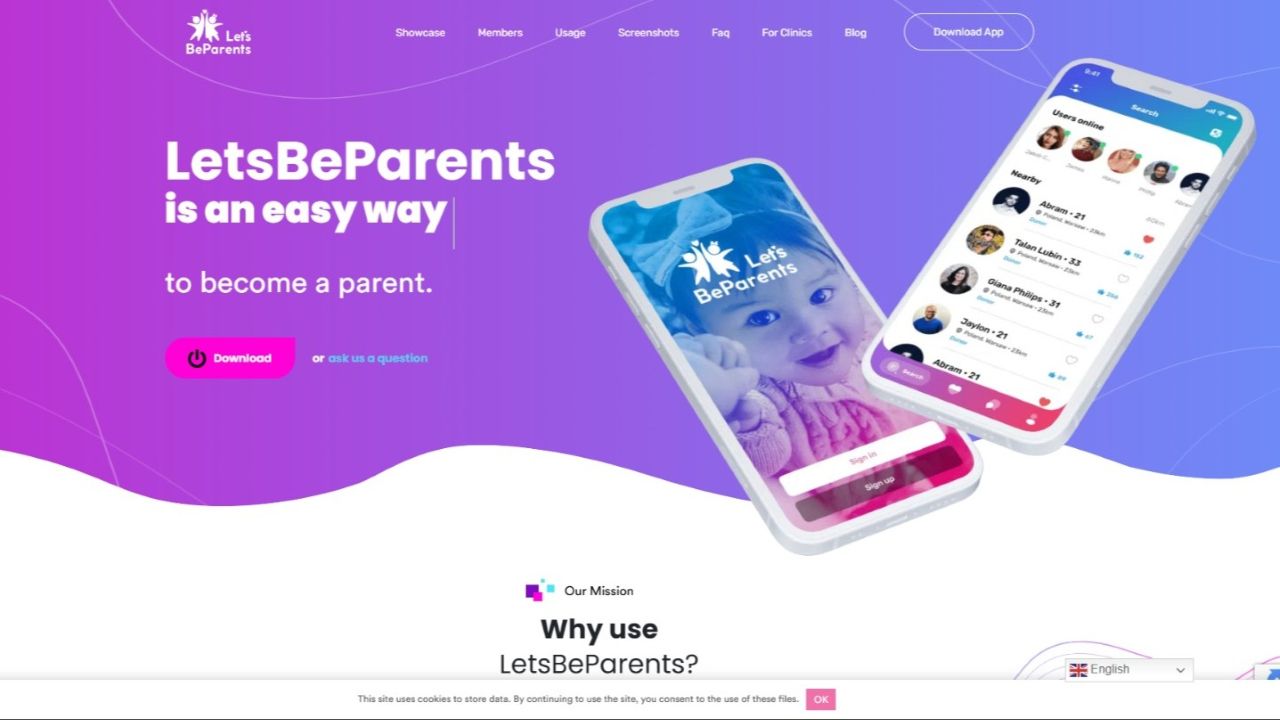
CoparentaLys
- Available: iOS, Android, Web
- Focus: co-parenting and donor matching with international reach
- Start: coparentalys.com
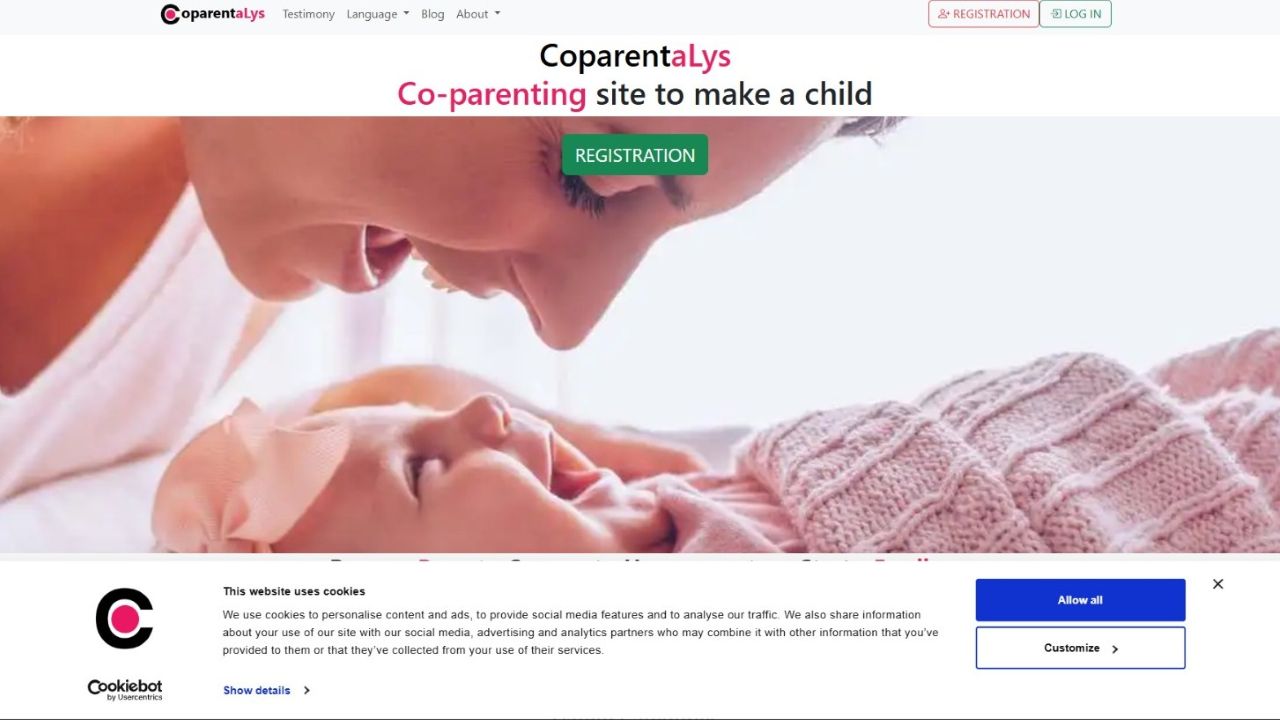
Web Communities & Forums
PollenTree
- Available: Web
- Focus: donor matching and co-parenting community
- Start: pollentree.com
CoParents
- Available: Web (mobile-friendly)
- Focus: international database of donor and co-parent profiles
- Start: coparents.com
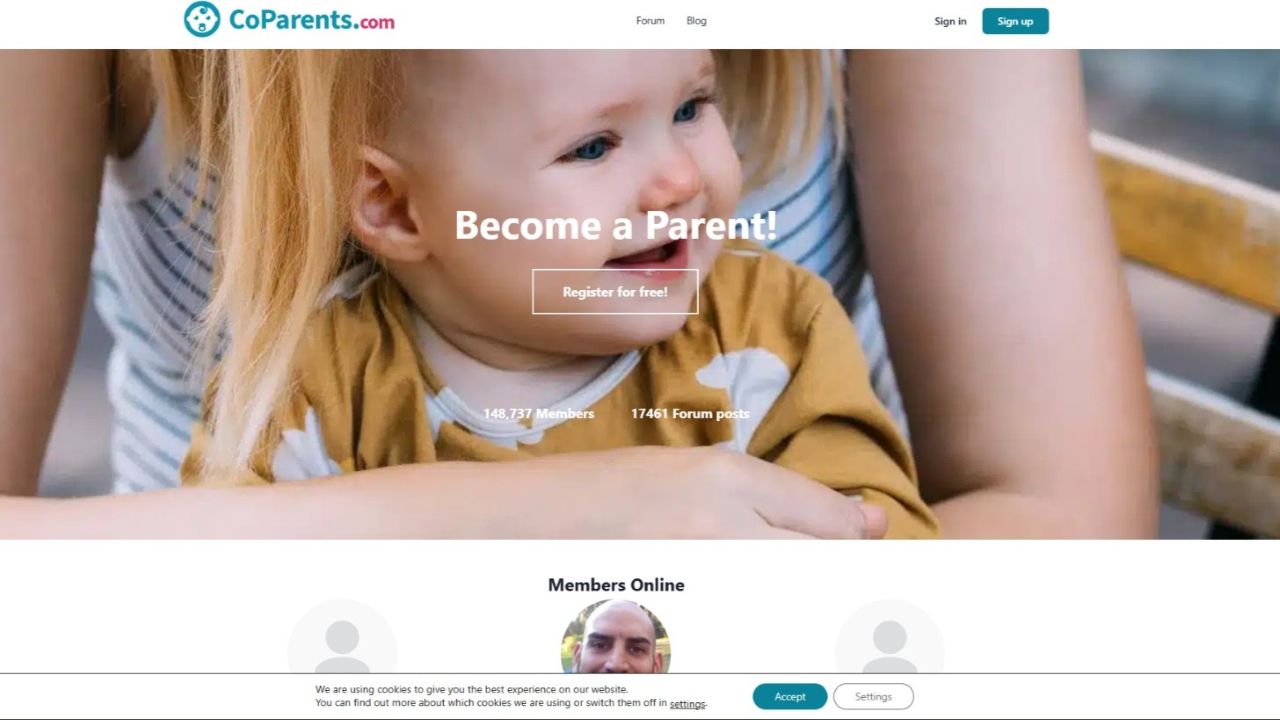
Pride Angel
- Available: Web
- Focus: LGBTQ+-inclusive matching; search and messaging after registration
- Start: prideangel.com
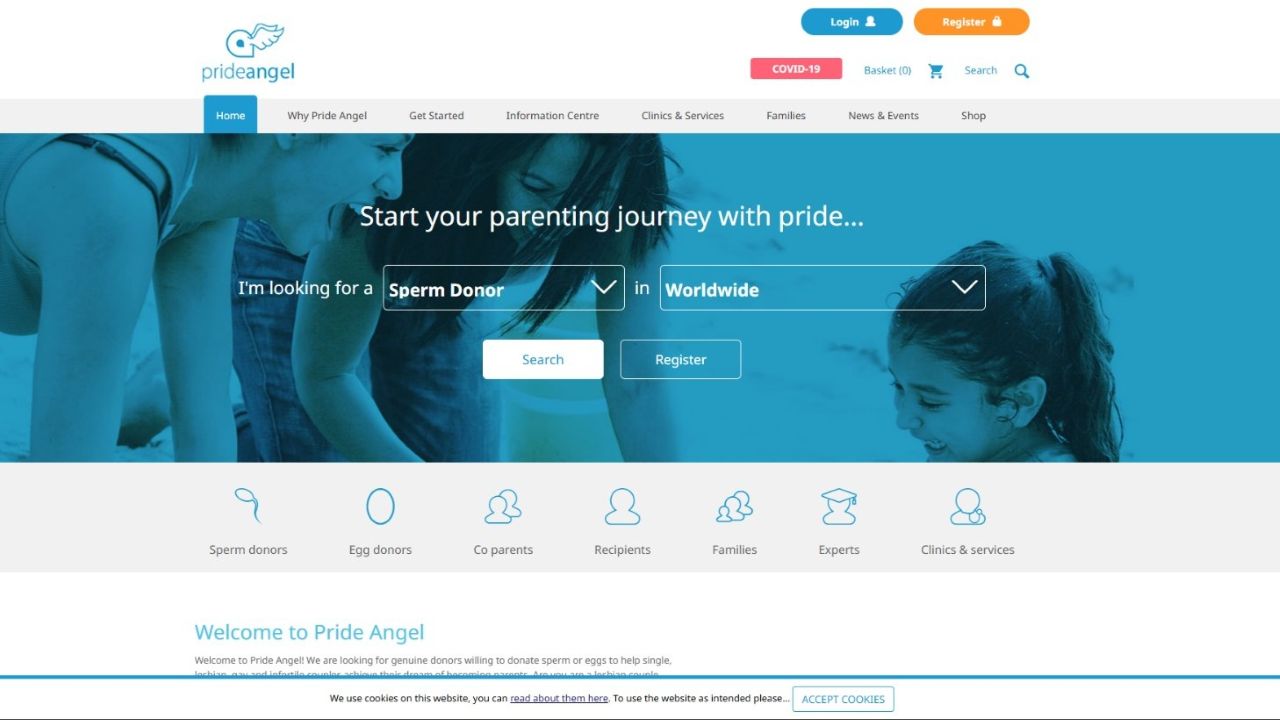
Co-ParentMatch
- Available: Web
- Focus: known donor/co-parenting matches; guides and DIY kits
- Start: co-parentmatch.com
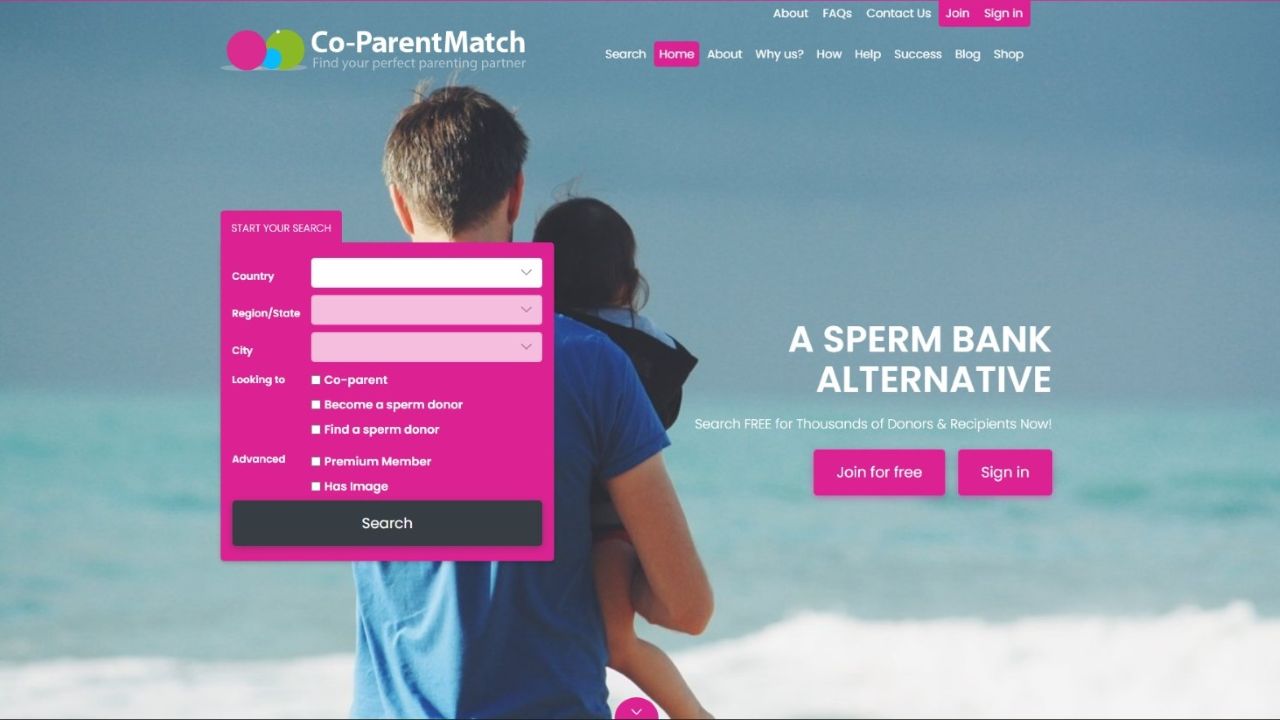
Registries & Networks
Donor Sibling Registry (DSR)
- Available: Web
- Focus: registry for donor-conceived individuals, connecting half-siblings and donors
- Start: donorsiblingregistry.com
Known Donor Registry (KDR)
- Available: Web
- Focus: community registry for known donor matching (sperm, eggs, embryos)
- Start: knowndonorregistry.com
Concierge, Agencies & Aggregators
Modamily
- Available: Web
- Focus: co-parenting network, paid concierge matching for donors/co-parents
- Start: modamily.com
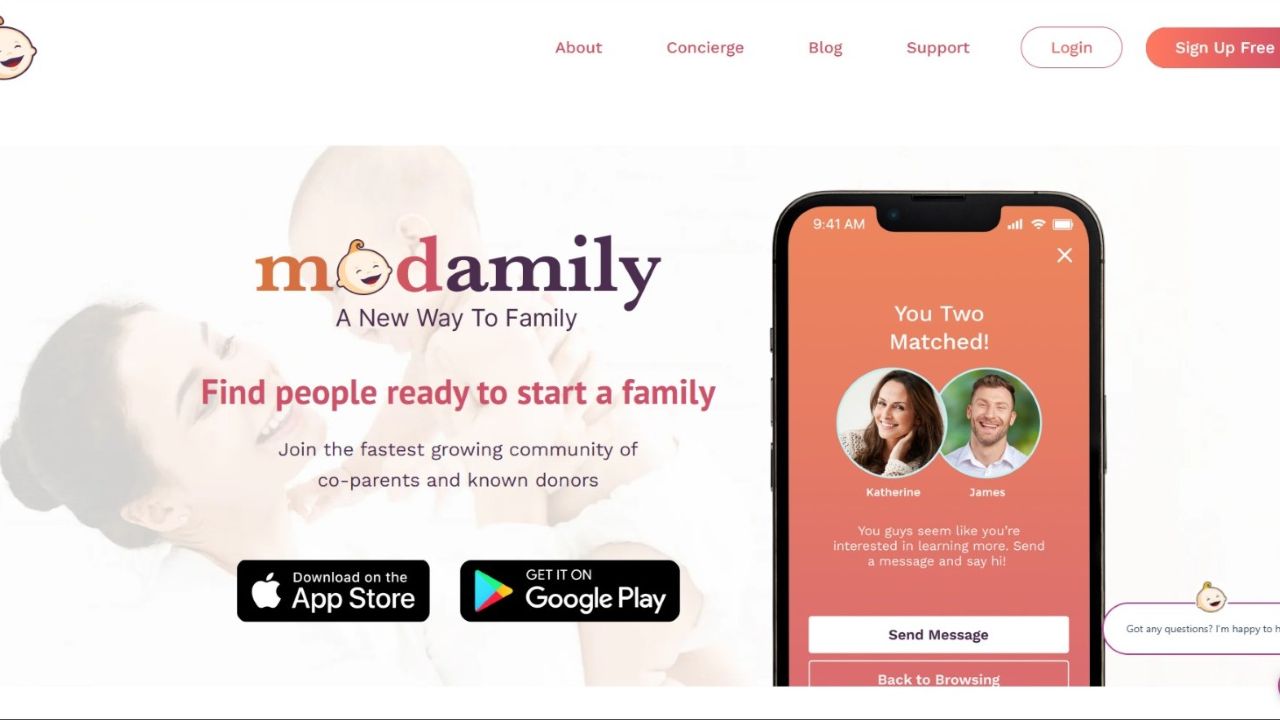
Expecting.ai
- Available: Web
- Focus: aggregator and filter for donor and surrogacy services
- Start: expecting.ai
The Seed Scout
- Available: Web
- Focus: curated manual matching for known donors (concierge)
- Start: theseedscout.com
Donor Concierge
- Available: Web
- Focus: paid aggregator/concierge for donor and surrogacy searches
- Start: donorconcierge.com
Specialized Niches
Gayby
- Available: App/Web
- Focus: matching with gay donors for LGBTQ+ families and single women
- Start: gayby.com
After the Match: Communication & Documentation
For agreements and proof, co-parenting apps can help. Examples include BestInterest (AI-based message filters and uneditable logs) and OurFamilyWizard (court-admissible logs, calendar, expense tracking). These tools don’t provide matching — they support organization and accountability.
Red Flags: When to Move On
- No contact or legal info, outdated content, or inactive social channels.
- Paywall without a clear feature list or cancellation policy.
- “Zero verification” paired with risky suggestions.
- Exaggerated claims (“100% guaranteed”, “forever anonymous”).
- No moderation or reporting options for fake profiles or abuse.
Simple Workflow for a Safe Start
- Create an honest, concise profile with minimal personal data.
- Check: homepage is active, contact info available, content up to date.
- First contact via in-app chat; follow up with a short video call before meeting.
- Before meeting: verify recent medical test results from both sides.
- Save chats, documents, and agreements (screenshots, PDFs, exports).
This isn’t a full manual — just a practical framework that works internationally.
How Much Does It Cost?
Many communities offer a free basic tier. Premium features (filters, boosts, concierge access) usually range from about $10–$60 per month. Curated concierge services cost considerably more. Always review pricing, benefits, and cancellation terms before subscribing.
Conclusion
In 2025, there’s a limited but reliable selection of active international platforms for private sperm donation and co-parenting. Use this list as your starting point, follow the checklist, and document every step. That way you’ll find suitable matches faster and reduce risks — wherever you are.

